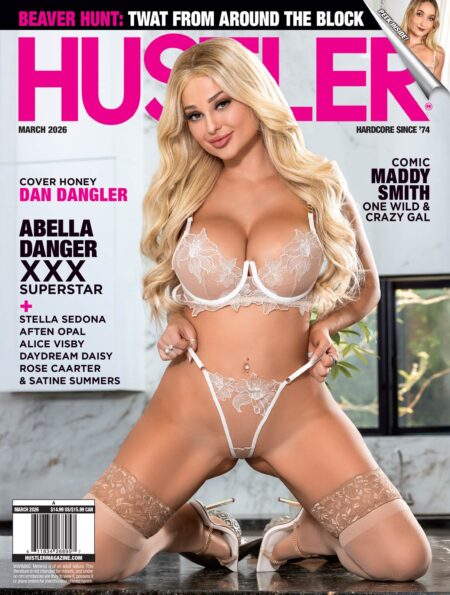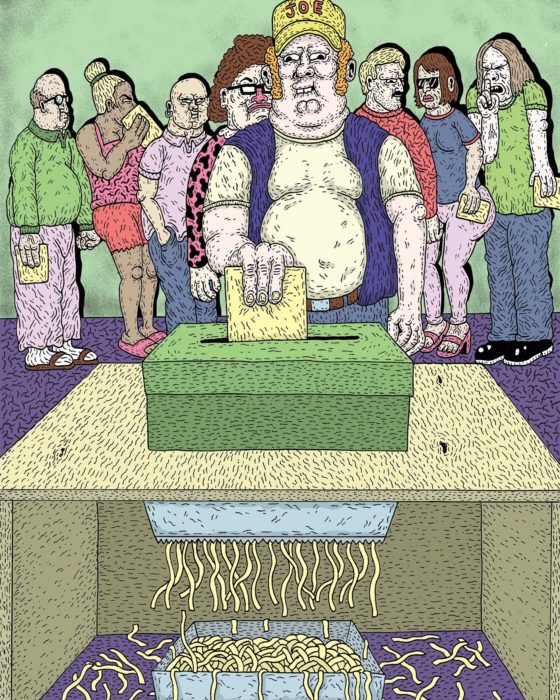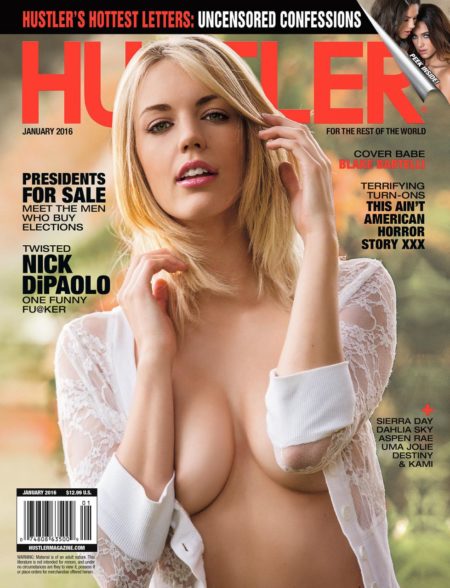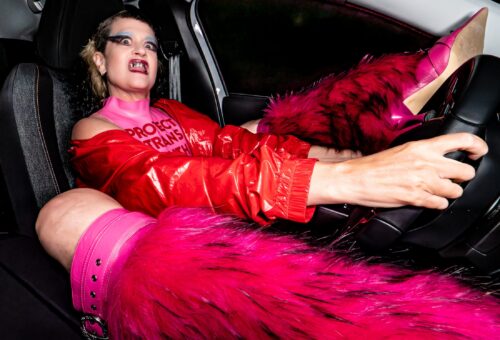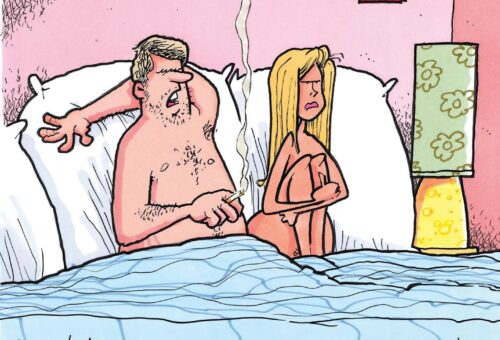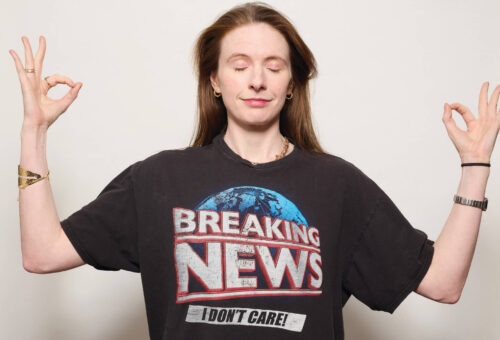In the Bible there is only one occasion when pacifist, turn-the-other-cheek Jesus Christ really loses his temper and turns violent. “Making a whip of cords,” he drives the money changers from the temple in Jerusalem, because they “have made it a den of thieves.” In America democracy has long been our abiding national faith and Capitol Hill the temple of our democracy. Today, however, there is no doubt that we have lost that defining ideal. Our temple in Washington has degenerated into a den of money exchangers who are almost completely oblivious to the will of the majority.
The drowning voice of the American electorate will gurgle ever more desperately in the upcoming 2016 election, on pace to break all campaign finance records. Since 1984 the cost of running for Congress has increased 555% according to the FEC (Federal Election Commission). No other facet of American society has grown so astronomically over this period—not the GDP, nor the skyrocketing costs of health care or college education.
This “hockey stick” graphis mirrored, however, by one other metric: the ballooning income inequality unprecedented since the years leading up to the Great Depression. According to the Gini coefficient (the most commonly used international measure of income inequality), the United States now registers the fourth-highest rate of income inequality in the world. This is paralleled by the highest level of corporate profits in 85 years; in 2013 they amounted to 10% of GDP, breaking the record of 9.7% set in—you guessed it—1929.
Corporations and their ultrarich stockholders now have more money than they know what to do with, so they can afford to invest it in an additional luxury that pays big dividends—our electoral process.
The history of spending on Presidential campaigns is telling: In constant 2012 dollars, the Lincoln vs. Douglas race in 1860 cost $2.8 million; a little over one hundred years later, spending on the 1968 Nixon vs. Humphrey vs. Wallace race had ballooned to $500 million; in 2008 the Obama vs. McCain contest cost a staggering $1.3 billion. And it is not your humble mom-and-pop shops or the relatively paltry $200 donations from your neighbors funding this extravagance—it’s the continuously swelling wealth of the top 1% of Americans and the corporations they invest in.
What this means is that the USA, the cradle of modern democracy, has effectively devolved into a plutocracy, defined as rule by a wealthy elite. A recent peer-reviewed study by two scholars at Princeton and Northwestern universities bears this conclusion out: Professors Martin Gilens and Benjamin Page reviewed 1,800 policies enacted between 1981 and 2002 and determined that “When a majority of citizens disagrees with economic elites and/or with organized interests, they generally lose…even when fairly large majorities of Americans favor policy change, they generally do not get it.”


